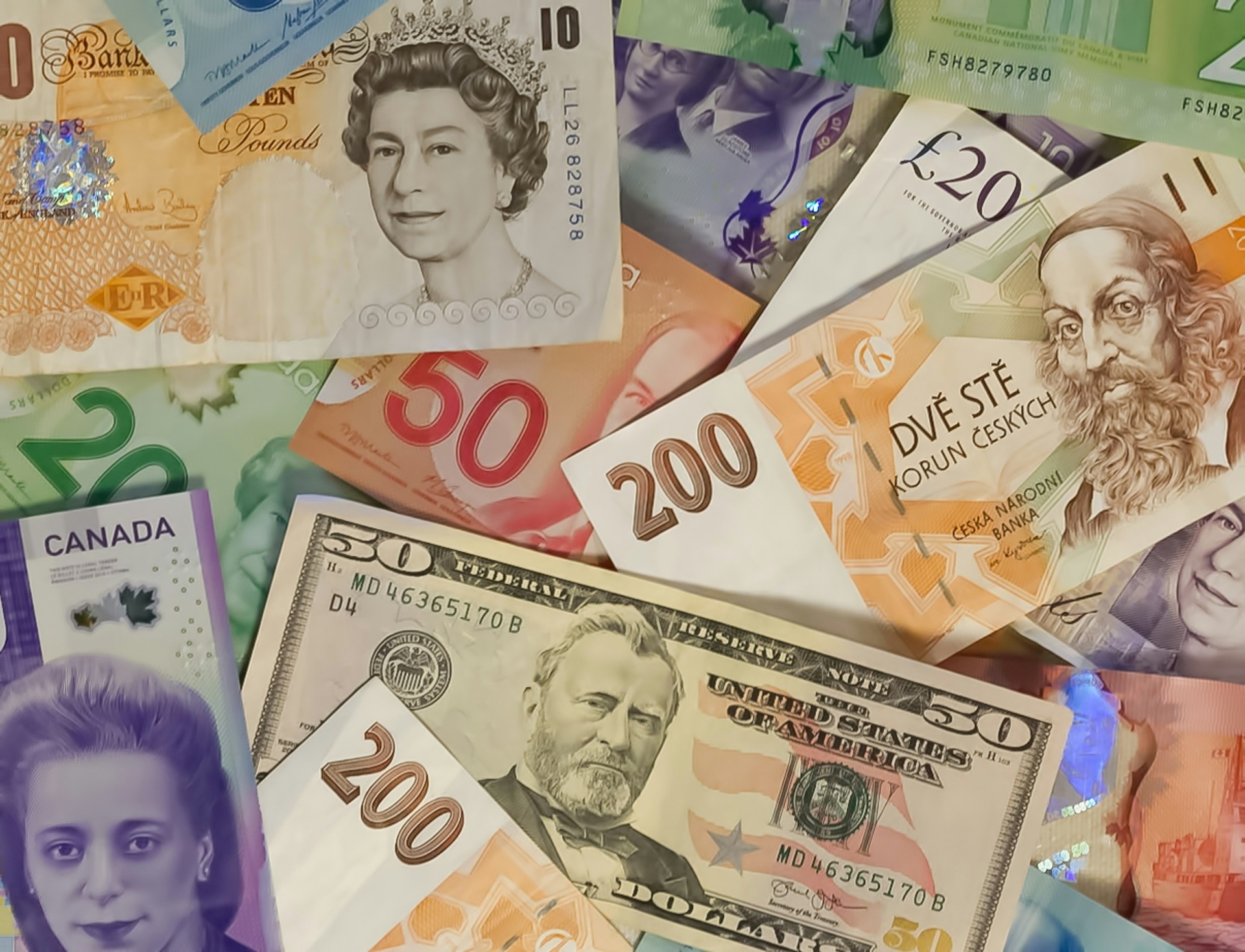
FDI Inflows in Mozambique
Mozambique - FDI Inflows by Origin and Sector: The Extractive Anchor
Foreign Direct Investment (FDI) remains the single largest source of external finance in Mozambique and plays a central, catalytic role in the country's economic growth, primarily through the development of megaprojects in extractives and infrastructure. The FDI landscape in 2025 continued its concentration in resource extraction, reflecting the nation's immense natural gas and mineral potential, even as total inflows demonstrated historical volatility influenced by global conditions and domestic security issues.
FDI Inflows and Volatility (2024–2025)
Mozambique's FDI trends leading into 2025 highlight a complex picture of resource excitement juxtaposed against external economic pressures.
2024 Performance: FDI inflows rose significantly in 2024, reaching USD 3,552.7 million, representing 16.1% of the country's GDP. This total marked an increase from the USD 2.5 billion recorded in 2023. Mozambique was ranked the sixth largest recipient of FDI in Africa in 2023. By 2024, Mozambique was ranked fourth in Africa for FDI inflows.
2025 Momentum: The first quarter of 2025 demonstrated strong recovery momentum. Foreign Direct Investment (FDI) in Q1 2025 reached approximately $1.6 billion (102.3 billion meticais), which was more than double the US$779.2 million recorded in the same period in 2024.
Government Projections: The Mozambican government expected FDI in the country to grow by over 40% in 2024, aiming to reach US$5.071 billion, based on documents from the 2025 Economic and Social Plan and State Budget (PESOE). Furthermore, gas is expected to propel FDI to a record high in 2026.
Sectoral Distribution: Extractives Dominate
FDI inflows remain critically concentrated, funding capital-intensive megaprojects, primarily in the oil, gas, and mining sectors.
Extractive Dominance: In 2024, the extractive industry maintained its position as the largest recipient of investment flows, capturing around USD 3,097.9 million, which accounted for 87.2% of total FDI. The concentration of FDI in large projects accounted for 69.6% of total inflows in the first nine months of 2024.
Natural Gas: The natural gas sector is the single most important recipient of investment, driven by projects in the Rovuma basin. In the first quarter of 2025 alone, nearly US$1.234 billion was invested in the natural gas sector from foreign funds, with approximately US$282 million invested in coal mining. Investments in the oil and gas sector represented 75.4% of total extractive FDI in the first nine months of 2024, growing 58.6% year-on-year.
Emerging Sectors: While extractives remain dominant, investment has also targeted manufacturing, which saw FDI inflows of USD 134.8 million (3.8% of total FDI) in 2024. The electricity sector also attracted USD 96.9 million, equivalent to 2.7% of total FDI in 2024.
Key Investment Origins
Mozambique's major FDI partners are globally dispersed, with significant contributions originating from Southern Africa and Europe.
Leading Investors (2024): In 2024, the primary FDI partners were:
South Africa, leading with 29.0% of total net FDI, concentrating investment in the extractive and manufacturing industries, as well as electricity, gas, and water production and distribution.
The Netherlands, following closely with 27.8% of total net FDI, primarily focused on the extractive and manufacturing industries and financial activities.
Mauritius, contributing 21.0% of FDI, with investments concentrated in the extractive industry, wholesale and retail trade, and the agriculture sector.
Italy, holding 12.7% of net FDI, primarily directed toward the extractive industry and real estate activities. Italy is also a major export destination for Mozambique, particularly for gas exports.
The European Union (EU), as a trading bloc, remains a vital partner, with Italy and the Netherlands being top sources of FDI. The United Arab Emirates has also emerged as a top investor over the past five years. China is a signatory to bilateral investment promotion and protection agreements with Mozambique.
The FDI/GDP Ratio and Global Context
FDI inflows play an exceptionally central role in the Mozambican economy, positioning the country highly in terms of FDI relative to its size.
Ratio Significance: Historically, FDI inflows into Mozambique represented over 15 percent of all Sub-Saharan African FDI since 2010. The fact that FDI, in percent of GDP, is much higher in Mozambique than in any of its comparators (including Ethiopia, Ghana, Kenya, Tanzania, and Zimbabwe) reconfirms its central economic role and highlights investment concentration.
Global Ranking: Mozambique's high FDI inflow percentage relative to its GDP places it as a global leader in this metric. The Global Innovation Index (GII) 2024 ranks Mozambique 1st globally for the indicator "FDI net inflows, % GDP". FDI comprised 13.79% of Mozambique's GDP in 2022, down from a peak of 32.75% in 2021. This concentration remains a key feature of the macroeconomic foundation.
The dependency on FDI to fund the current account deficit means that Mozambique's economic health, particularly in 2025, is inextricably linked to securing these concentrated capital inflows. This situation creates a reliance on a small number of major projects, making the economy susceptible to external commodity shocks.